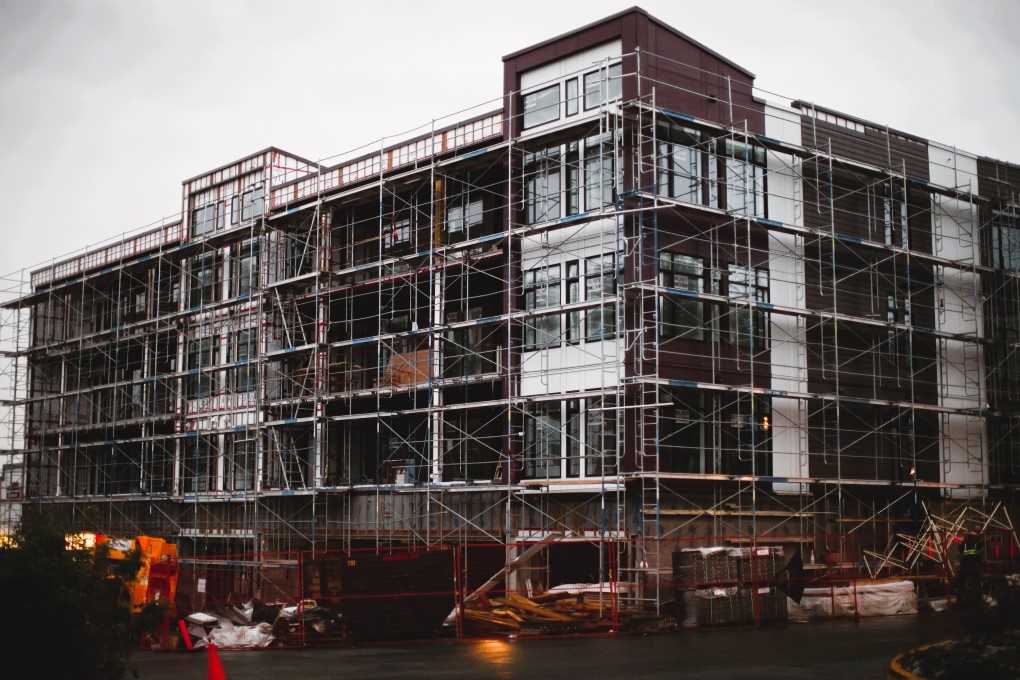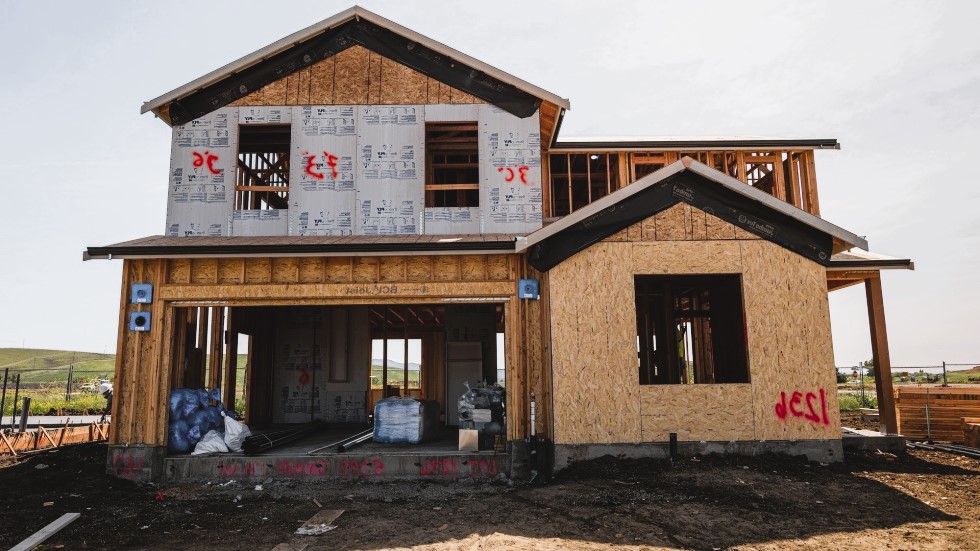Breaking Down Barriers in Edmonton: Addressing Housing Affordability Challenges
Edmonton, like many other cities in Canada, faces significant housing affordability challenges. The rising cost of housing has become a barrier for many individuals and families seeking stable and affordable homes. Addressing housing affordability is a complex task that requires a multifaceted approach involving government policies, community initiatives, and private sector engagement. This article explores the housing affordability challenges in Edmonton and examines the strategies and efforts being undertaken to break down these barriers, ensuring that all residents have access to safe and affordable housing.
The Housing Affordability Crisis in Edmonton
Housing affordability has become a pressing issue in Edmonton due to several factors:
- Skyrocketing Housing Prices: The demand for housing in Edmonton has surged, driving up housing prices and making it challenging for many residents to enter the housing market.
- Rental Market Challenges: The rental market in Edmonton is highly competitive, with limited affordable rental options available, especially for low-income households.
- Income Disparities: Income disparities between different groups in Edmonton contribute to housing affordability challenges, as low-income individuals and families struggle to keep up with rising housing costs.
- Limited Supply: The supply of affordable housing has not kept pace with the growing demand, leading to a shortage of available homes for those with limited financial resources.

Government Initiatives to Address Housing Affordability
The government of Edmonton, along with provincial and federal authorities, has been actively working to address housing affordability challenges. Some key initiatives include:
- Affordable Housing Programs: The government offers affordable housing programs that provide financial assistance and incentives to developers and organizations involved in constructing affordable housing units.
- Rent Control Measures: To protect renters from excessive rent increases, the government has implemented rent control measures to ensure rental units remain affordable.
- Incentives for Developers: The government provides incentives to private developers to build affordable housing units or include affordable components in their projects.
- First-Time Homebuyer Incentives: Government programs provide financial assistance to first-time homebuyers, helping them with down payments and closing costs to make homeownership more attainable. In an article on Balancing Budgets, we outlined how government rebates help homeowners in Edmonton.
- Housing Vouchers and Subsidies: Housing vouchers and subsidies are offered to low-income individuals and families to help them secure stable housing in the private rental market.
Community Initiatives for Affordable Housing
In addition to government efforts, community initiatives play a crucial role in addressing housing affordability challenges:
- Non-Profit Housing Organizations: Non-profit housing organizations collaborate with the government to develop and manage affordable housing projects for vulnerable populations.
- Community Land Trusts: Community land trusts acquire and hold land for the purpose of creating permanently affordable housing options for residents.
- Homeless Services and Outreach: Community organizations provide outreach services and support to homeless individuals, helping them access stable housing options and necessary resources.
Private Sector Involvement
The private sector also has a role to play in addressing housing affordability challenges:
- Affordable Housing Development: Private developers can contribute to affordable housing projects by partnering with the government and non-profit organizations.
- Rent Reductions and Incentives: Some private landlords offer rent reductions or incentives to help renters afford housing in high-cost areas.
Challenges and the Road Ahead

While significant progress has been made in addressing housing affordability, challenges persist:
- Lack of Available Land: Limited available land for development hinders the construction of new affordable housing units.
- Funding Constraints: Government funding for affordable housing projects may be limited, impacting the scale of initiatives.
- Affordable Housing Stigma: Negative perceptions of affordable housing can create resistance in some communities to the development of such projects.
Conclusion
Addressing housing affordability challenges in Edmonton requires a collaborative effort from the government, community organizations, and the private sector. Initiatives such as affordable housing programs, rent control measures, and community land trusts are vital steps toward breaking down barriers and ensuring access to stable and affordable housing for all residents. As Edmonton continues its journey to make housing more affordable, a comprehensive approach that combines policies, community engagement, and innovative solutions will be crucial in creating a more inclusive and vibrant city for everyone.
SOURCES:
- City of Edmonton – Affordable Housing
